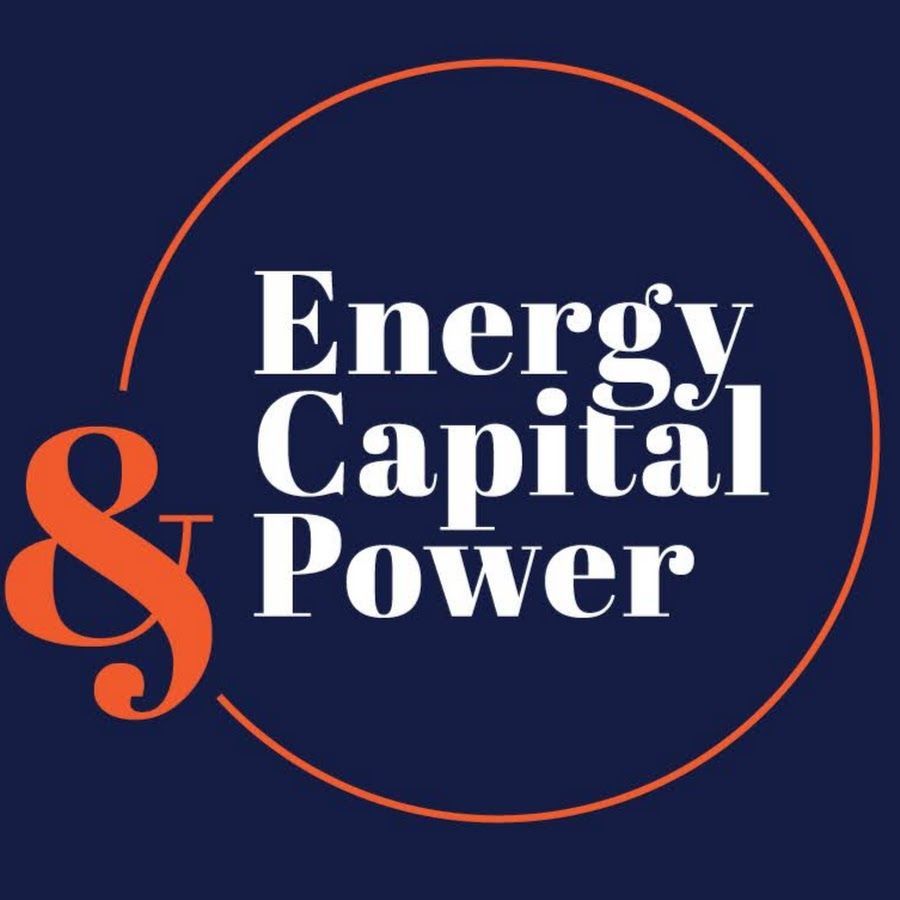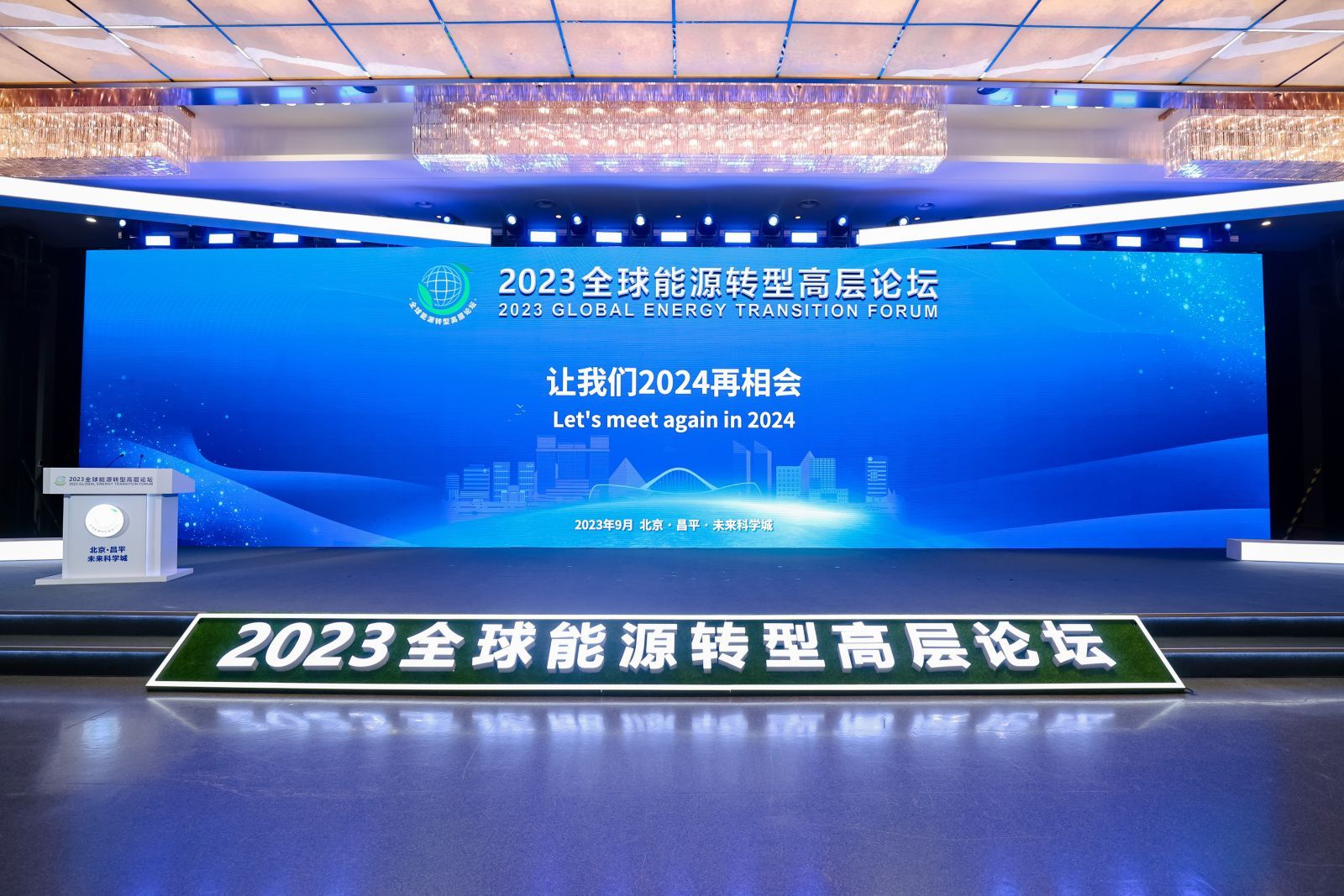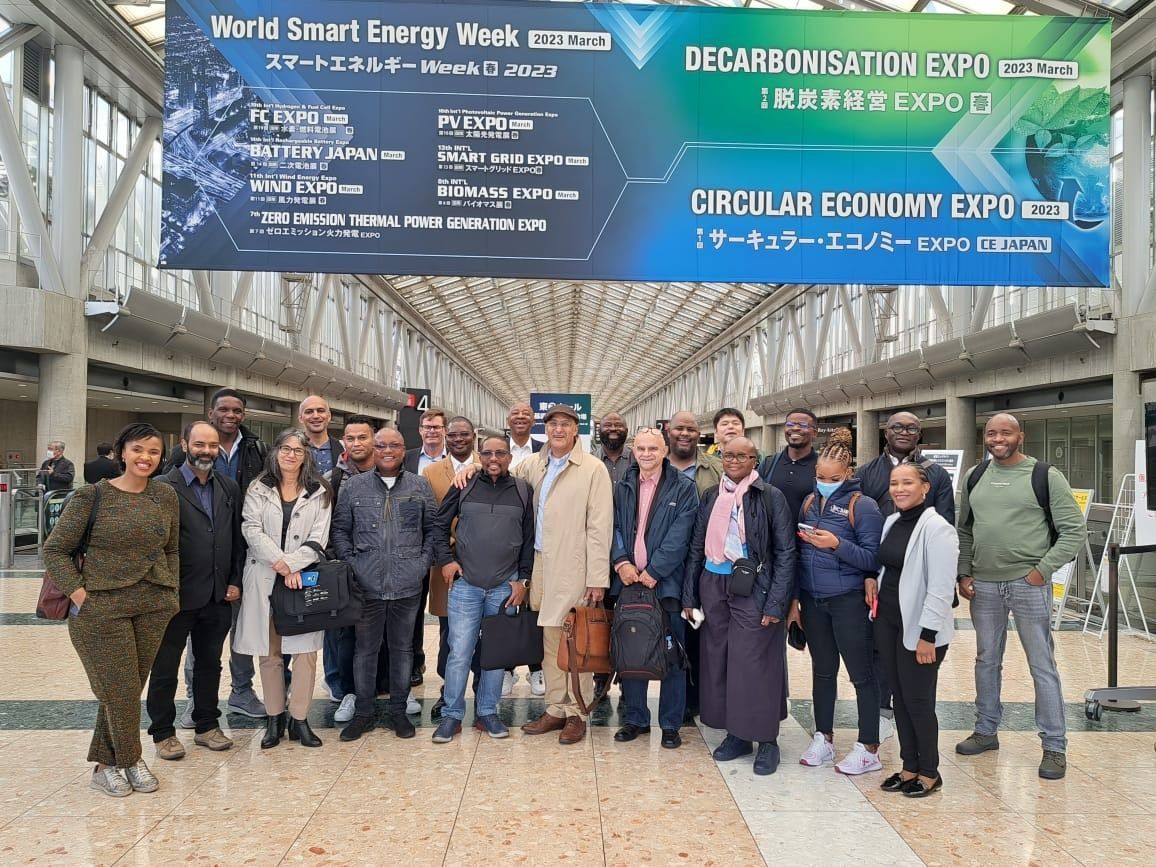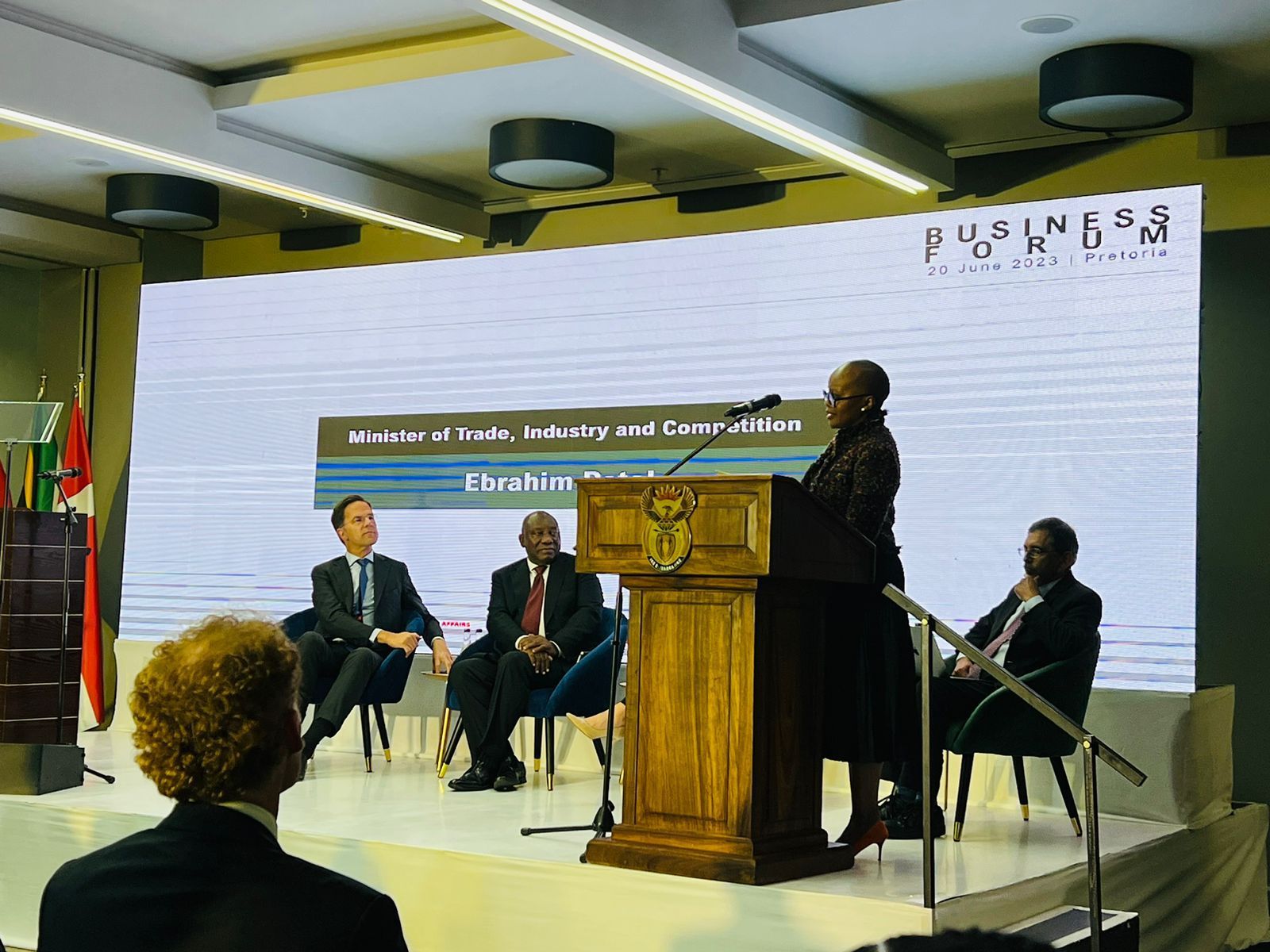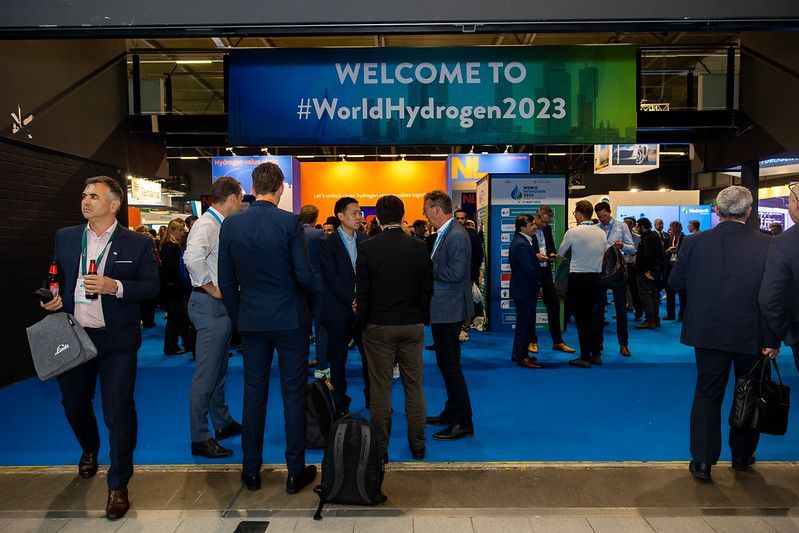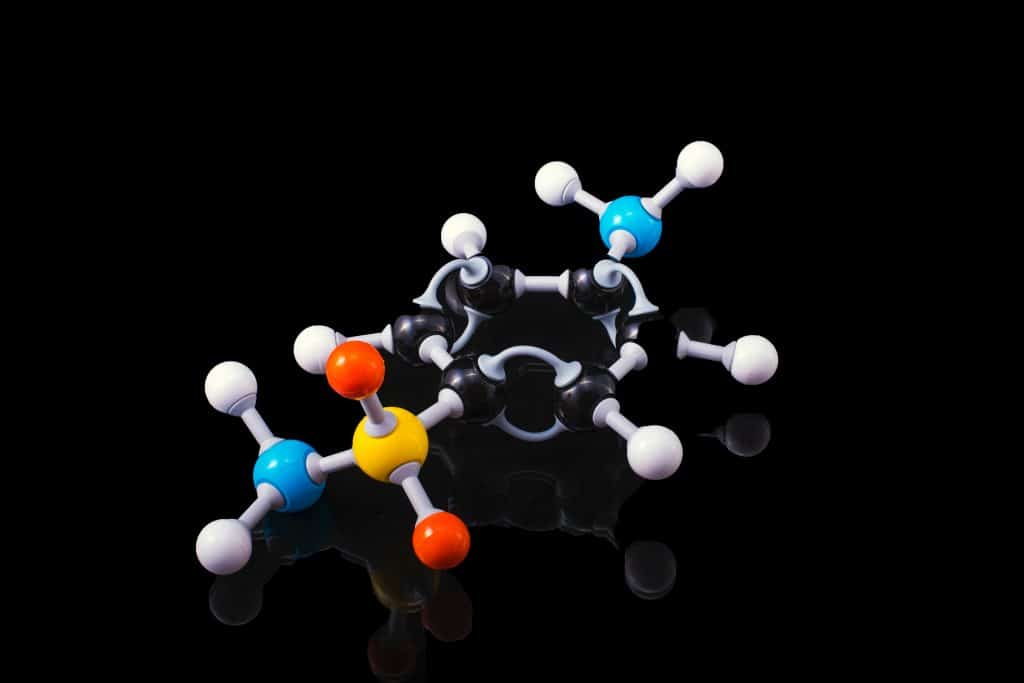South Africa: Hydrogen Valley Feasibility Study Report Launched
Ziyanda Yono
South Africa: Hydrogen Valley Feasibility Study Report Launched
The Hydrogen Valley feasibility Study Report was launched on October 9 during a webinar session hosted by South Africa’s Department of Science and Innovation (DSI). The report presents hydrogen as a significant opportunity for economic development and renewable energy generation in South Africa.
The report is a collaborative partnership between the DSI, Anglo-American Platinum, Bambili Energy and ENGIE; and outlines opportunities to transform the Bushveld Complex and larger region around Johannesburg, Mogalakwena and Durban into a Hydrogen Valley.
It further showcases how hydrogen presents a significant opportunity for economic development in South Africa, including the creation of jobs and the monetization of the platinum industry. The report also highlights hydrogen’s potential to contribute to South Africa’s decarbonization objectives, leveraging renewable development programs to produce green hydrogen, and how global commitments towards hydrogen production and demand can create an opportunity for South Africa to engage in energy export at an international level.
The virtual event was officially opened by Technology Innovation Deputy Director General at the Department of Science and Innovation, H.E. Dr. Mmboneni Muofhe. In his opening remarks, he addressed how the hydrogen valley will unlock economic development opportunities in South Africa.
“One of the things that we have wanted to do is to reach a point where are going to build very strong partnerships with the private sector in order to take the hydrogen society into being part of the critical aspects of other economic activities in the country,” he said.
Director at ENGIE, Vincenzo Giordano, stated that hydrogen is a key element to unlocking decarbonisation objectives set in the Paris Agreement, with reference to South Africa’s ambitious objectives of reaching net zero by 2050.
“Green energy has a leverage potential for growth, it’s a strategic priority for South Africa’s economic development and decarbonization. So, the goal of the study in this context was to look at what are the necessary conditions to kickstart the hydrogen economy in the country, in particular this hydrogen valley, which is discovered to be the corridors stretching from Mogalakwena to Richards Bay in KwaZulu Natal,” he said.
According to the report, these corridors have been identified based on locations with potential for a high concentration of future hydrogen demand, the possibility to produce hydrogen and contributions to the just transition—an economic development plan that brings positive social impact particularly to more fragile groups and communities. These hubs – located in Johannesburg, Durban, and Mogalakwena – will host pilot projects and contribute to the launch the hydrogen economy in the Hydrogen Valley.
CEO of Bambili Energy Services, Zanele Mavuso Mbatha
shared her insights, “We have gone beyond the concept stage to materializing and implementing. We are re-inventing business models within the energy sector. Hydrogen economy has increased interest and advanced involvement by participants. The data points and inputs are very empirical and make a very strong case for domestic hydrogen economy. Therefore, the issue aggravating demand for this commodity is a priority.”
Hydrogen export could be a potential future source of demand; however, the Valley will face competition from other hydrogen exporting countries such as Morocco and Australia and from other ports in South Africa such as Boegoebaai. Nevertheless, the co-location of demand and supply gives synergy opportunities within the hub that will help initiate and scale up pilot projects.
A recommendation for the Hydrogen Valley to either consolidate domestic demand and create economies of scale before embarking on ambitious export projects, or take an opportunistic stance such as leveraging international funds to develop export infrastructure, was made.
Meanwhile, Anglo America Platinum CEO, Natalia Viljoen stated that the potential opportunity the project offers South Africa was close to Anglo American’s purpose of improving people’s livelihoods by transitioning into a hydrogen fuelled economy.
“As the world’s leading producer of platinum goods, we hope to shape the ecosystem through incentivising the production of hydrogen fuel which will include key institutions of implementing this strategy,” she said.
SEE ARTICLE BELOW.
October 11, 2021

On July 5-7, 2023, the Society of Automotive Engineers of China and the International Hydrogen Fuel Cell Association successfully held the 2023 International Hydrogen Energy and Fuel Cell Vehicle Conference and Exhibition (hereinafter referred to as the "Conference"). With the theme of "demonstration leads, hydrogen inspires the future", the conference focuses on the demonstration application and commercialization of fuel cell vehicles, multi-field application innovation practices, clean hydrogen production and commercial development paths, infrastructure and storage and transportation safety, and core components In-depth discussions on hot topics such as key technologies and key equipment for the hydrogen energy industry, and actively provide suggestions for the high-quality development of hydrogen energy and fuel cell vehicle industries. Hou Fushen, Deputy Secretary-General of SAE-China presided over the opening ceremony. Miao Changxing , first-level inspector of the Equipment Industry Department of the Ministry of Industry and Information Technology, Wang Qinglin, first-level inspector of the International Cooperation Department of the China Association for Science and Technology, Han Dadong , director of the Intelligent Manufacturing Promotion Division of the Shanghai Economic and Information Commission, and Li Feng , deputy head of the People's Government of Jiading District, Shanghai speech. Zou Ciyong , Deputy Director-General of the United Nations Industrial Development Organization , Klaus Bonhoff , Director of the Basic Policy Department of the German Federal Ministry of Digitalization and Transport, and Rebecca Maserumule, President of the International Partnership for Hydrogen Energy and Fuel Cell Economy, delivered video speeches at the conference. With the theme of "demonstration leads, hydrogen inspires the future", the conference focuses on the demonstration application and commercialization of fuel cell vehicles, multi-field application innovation practices, clean hydrogen production and commercial development paths, infrastructure and storage and transportation safety, and core components In-depth discussions on hot topics such as key technologies and key equipment for the hydrogen energy industry, and actively provide suggestions for the high-quality development of hydrogen energy and fuel cell vehicle industries.
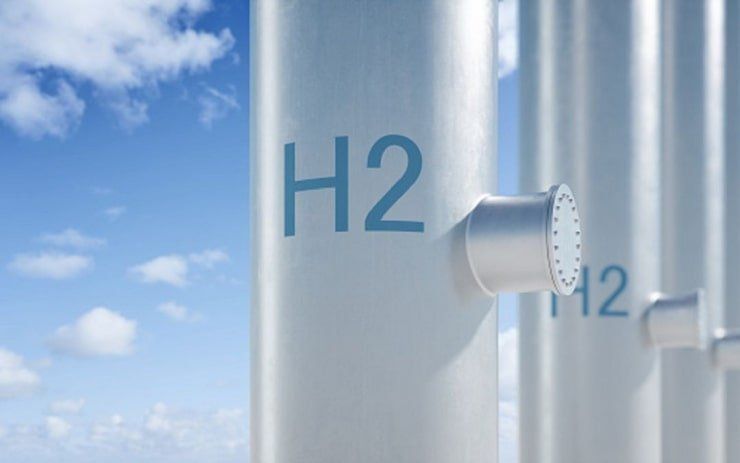
South Africa is participating in the world’s largest exhibition in the hydrogen and fuel cell (FC) industry, showcasing the latest technologies, research and development innovation, components, materials and devices. Taking place in Tokyo from 15 to 17 March, the 2023 Hydrogen and Fuel Cell Expo forms part of a series of events that comprise World Smart Energy Week. In line with global developments, South Africa sees the hydrogen economy as a potential game changer to re-industrialise the country and to become an exporter of cost-effective green hydrogen to the world, leveraging its abundant mineral and natural resources such as solar and wind. The Cabinet approval of the National Hydrogen Society Roadmap for South Africa 2021 and the release of the Hydrogen Valley Feasibility Study Report are the culmination of a long-standing investment by the Department of Science and Innovation (DSI) in the development and application of scientific knowledge domains such as the hydrogen economy, which South Africa sees as critical for advancing national development and global competitiveness. The DSI considers the expo platform to be an opportunity to showcase the relevant infrastructure, technical capabilities and competencies established through the three Centres of Competence (HySA Catalysis, HySA Infrastructure and HySA Systems) as part of implementing the DSI-supported Hydrogen South Africa (HySA) Programme. In addition to the three HySA Centres of Competence, the DSI has invited eight South African companies (HyPlat, Bambili Energy, Anglo American Platinum , Coega Development Corporation, Sasol Limited, Hive Energy, InfiniX Energy and Midnite Aerospace Solutions) to be part of the exhibitors in the South African pavilion. The Council of Scientific and Industrial Research, an entity of the DSI, will also exhibit its work towards the development of a hydrogen-powered unmanned aerial vehicle, using locally developed fuel cell technology to support efforts to decarbonise aviation in South Africa. Apart from showcasing their capabilities, stakeholders will be able to explore complementary partnerships to unlock the potential socio-economic benefits of the integration of hydrogen and fuel-cell technologies in various sectors of the economy. The South African pavilion will demonstrate the country’s potential to sell green hydrogen and green ammonia to countries such as Japan and the UK at globally competitive prices, as well as the ability to create an enabling ecosystem that supports hydrogen innovation and skills development. The expo will also be used to explore strategic partnerships that will promote the manufacturing of locally developed intellectual property across the Hydrogen Valley corridor.
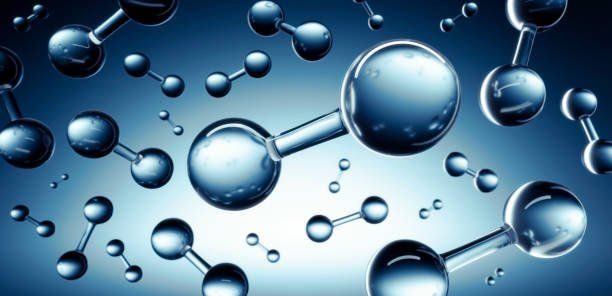
One of our chosen pathways for reaching a low-carbon future is the adoption of hydrogen as an energy source, over less sustainable and more polluting options. Hydrogen is the earth’s most abundant element, and is a versatile, zero-emission energy carrier with a high energy density. It can also be stored in large quantities and for long periods and can be employed in sectors that are hard to decarbonise (so-called ‘hard-to-abate’ sectors), including long-haul heavy-duty transport, chemicals, steel, cement, aviation, and shipping. It can also be used as a store of energy generated from renewables. The Hydrogen Council currently estimates that hydrogen could represent 18% of global energy demand by 2050. Platinum group metals (PGMs), essential in cleaning up the noxious gases from internal combustion engines (ICE) for some time to come, also play a critical role in the emerging hydrogen economy.

